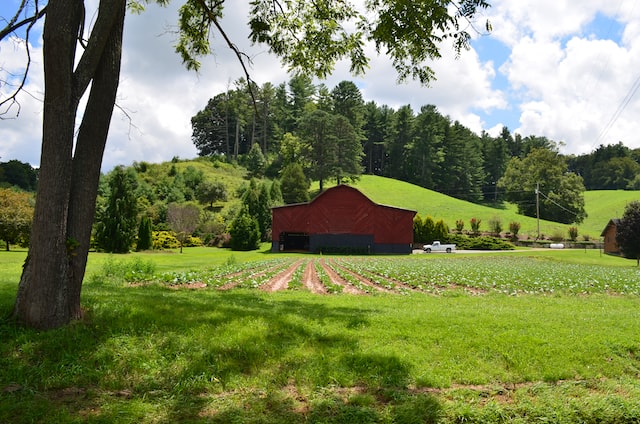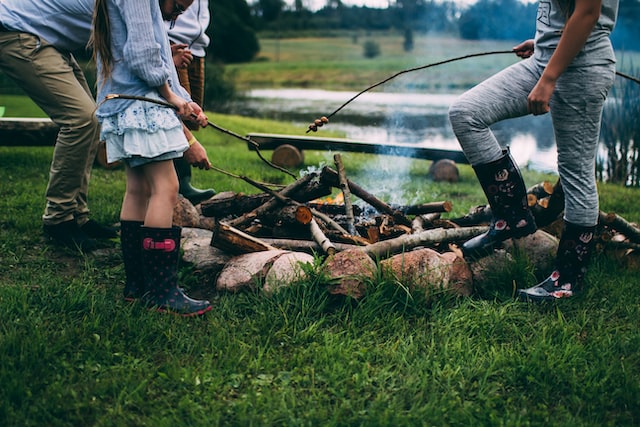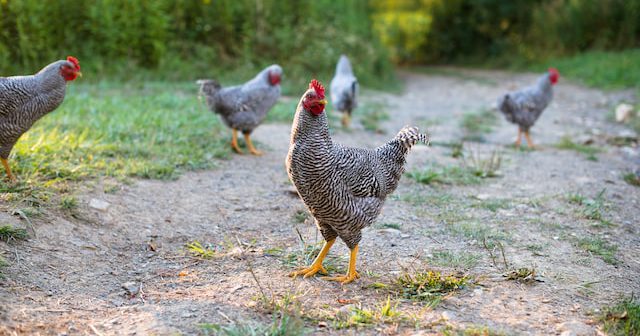Living without electricity is unthinkable for many members of our society. But it was the norm for thousands of years of human history. Electricity usage only really began at a mass scale at the start of the twentieth century to power the second phase of the industrial revolution.
Unfortunately, using electricity comes with some downsides: namely, reliance on the rest of society. The grid could go down at any moment, leaving you marooned.
That’s why many homesteaders invest heavily in living without a mains supply of electricity. Most continue to use energy to power their appliances, but they find other ways to get them.
Only a few homesteaders attempt to live without electricity in general. This approach to living is challenging.
Consider Your Energy Needs
The first step to living off-grid is to consider your energy needs. Think about how much electricity you use right now and how much you might require in the future.
The trick here is to be frugal. If you are living off-grid, don’t plan for daily 30-minute power showers. Instead, think realistically about what kind of lifestyle you can support.
Most homesteaders consider energy usage that’s essential for daily life. Some even attempt to live without dishwashers, fryers, washing machines, and computers.
You’ll want to write down what’s essential, and what isn’t. You’ll then need to add up the total energy consumption in kilowatt-hours to give you an idea of how much you will use every month.
Invest In Alternative Energy

Another option is to invest in alternative energy sources for your home.
Perhaps the most obvious is to use gas instead. However, even if you use butane canisters, these still leave you dependent on the grid.
To get truly independent, you’ll want to use a watermill or wind turbine. These can provide power for decades to supply your home, potentially enabling you to avoid paying another electricity bill ever again.
Another option is to install solar panels on your roof or at ground level if you have space, according to homesteading.com. You can then pipe energy to a battery bank on your property to give you light and heat during the winter months.
Cut Energy Usage
The next step is to cut energy usage. You’ll want to start from the ground up to make your property more energy efficient. Websites such as johnmccarterconstruction.com recommend replacing old roofs, installing better siding, and fitting new windows to your home.
You can also adopt best practices for cutting energy use so you don’t run out of power on cold, dark days. These include:
- Buying energy-efficient appliances (if you use any)
- Turning off devices when not in use
- Relying on natural light during the day
- Installing LEDs strategically around your home
- Using candles or a wood stove for heat if you have access to lumber
The real risk of going without electricity is losing power at night in the winter. Therefore, you’ll need a backup plan, such as warm sleeping bags or an optional connection to the grid. Some homesteaders also buy diesel generators, just in case of emergency.
Practice Sustainable Living
It also helps if you practice sustainable living when going off-grid. The more you can rely on nature to supply your needs, the more independent you can become.
Therefore, homesteaders trying to avoid mains electricity will often:
- Grow their own food
- Compost waste and reuse it for their vegetable gardens
- Use clay and wood for building insulation
- Reduce water usage by taking bucket showers and washing clothes by hand
If you have a large plot of land, you’ll be surprised by just how many of your needs you can meet on your own. You may only need to go to the store to supplement your diet once every two months, depending on what you grow and recycle.
Embrace The Lifestyle

The last step to homesteading without electricity is to fully embrace the lifestyle. You can’t live with one foot in civilization and the other on your farm. You need to dive right in.
If you’re on the fence, don’t choose to homestead immediately. Instead, wait and see if it is something you can commit to fully.
If you are already a homesteader but struggling, try to get into the mindset. Appreciate the simplicity of life without electricity and how you feel more connected to natural rhythms. Read by candlelight, star-gaze, or spend more time in nature, observing how it ebbs and flows.
Ultimately, living off-grid without electricity can be a rewarding experience. However, you need the personality for it. Seek fulfillment, not pleasure.





Such a lovely location and the atmosphere is so fresh and serene, I adore places like this, ideal for travel and relaxation.
Invest in energy-efficient appliances that are labeled with the Energy Star logo. These appliances consume less energy and can significantly reduce your electricity usage.